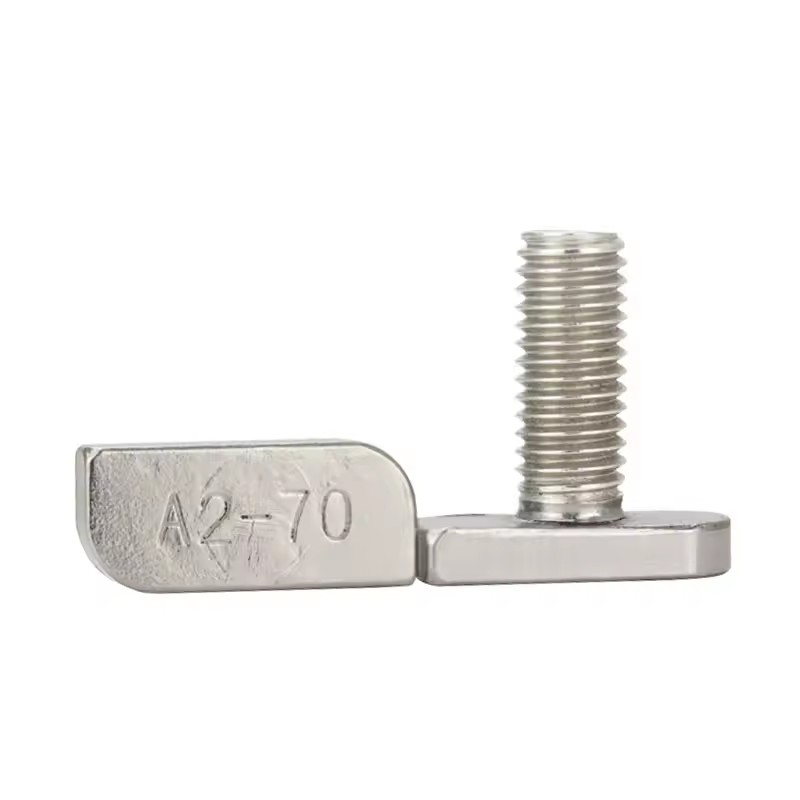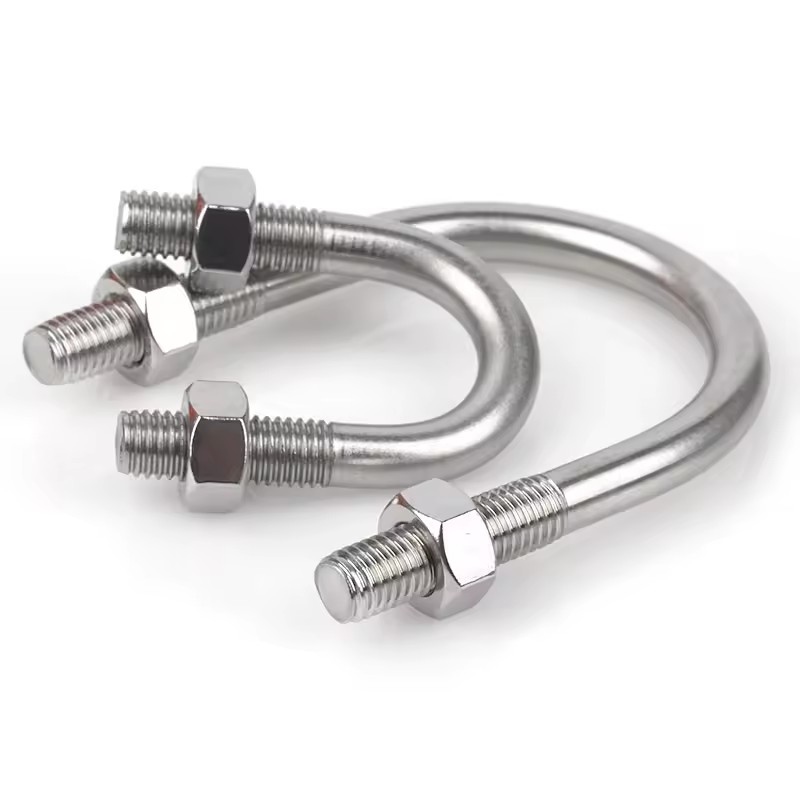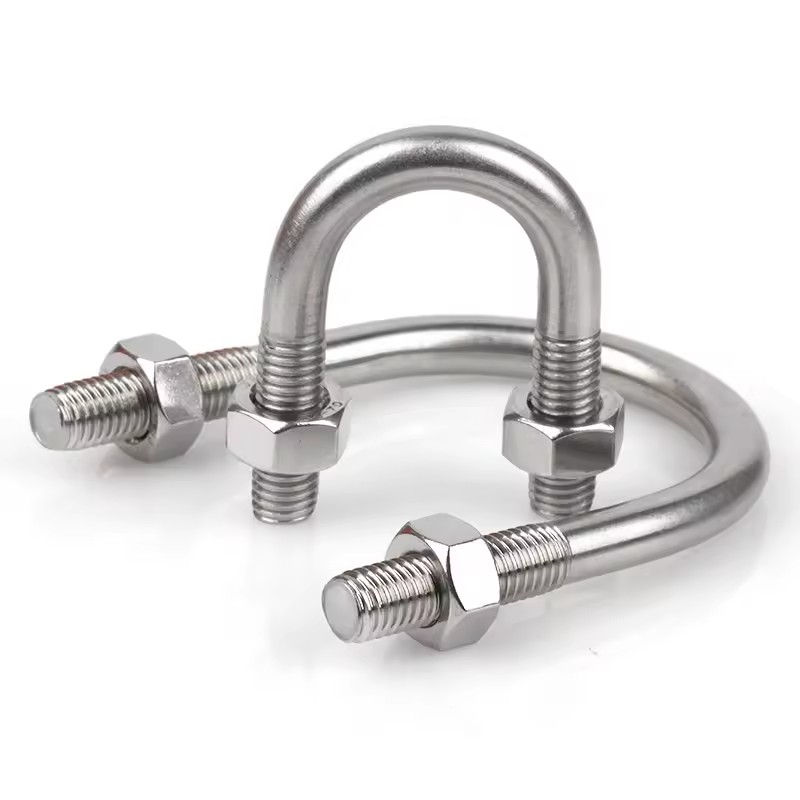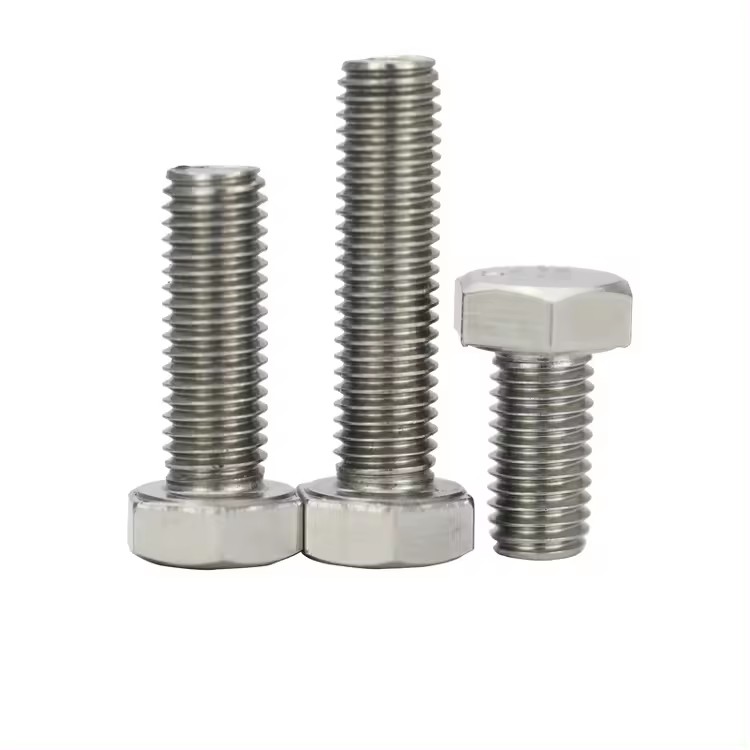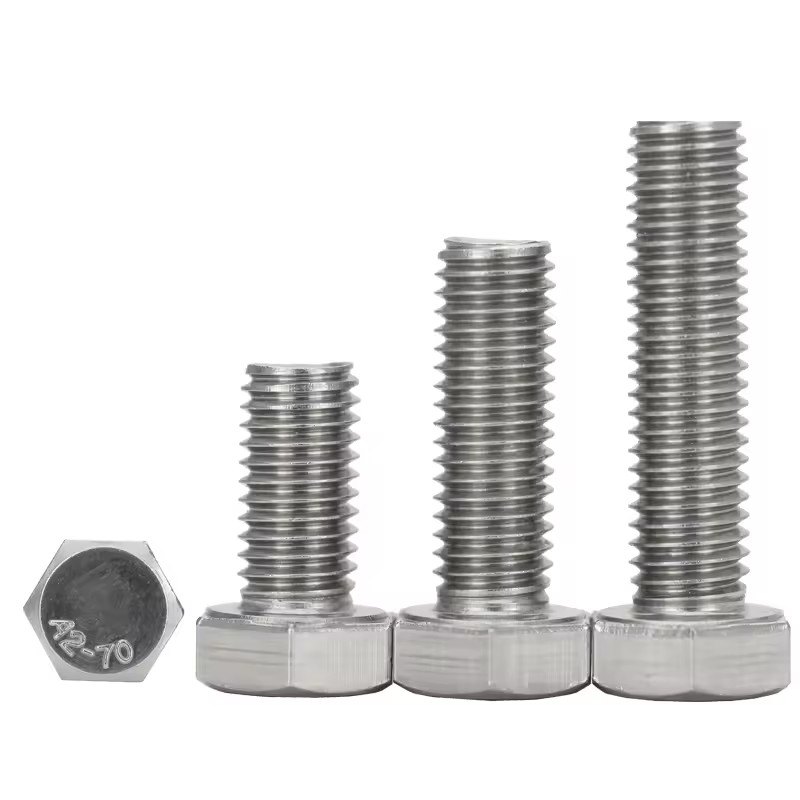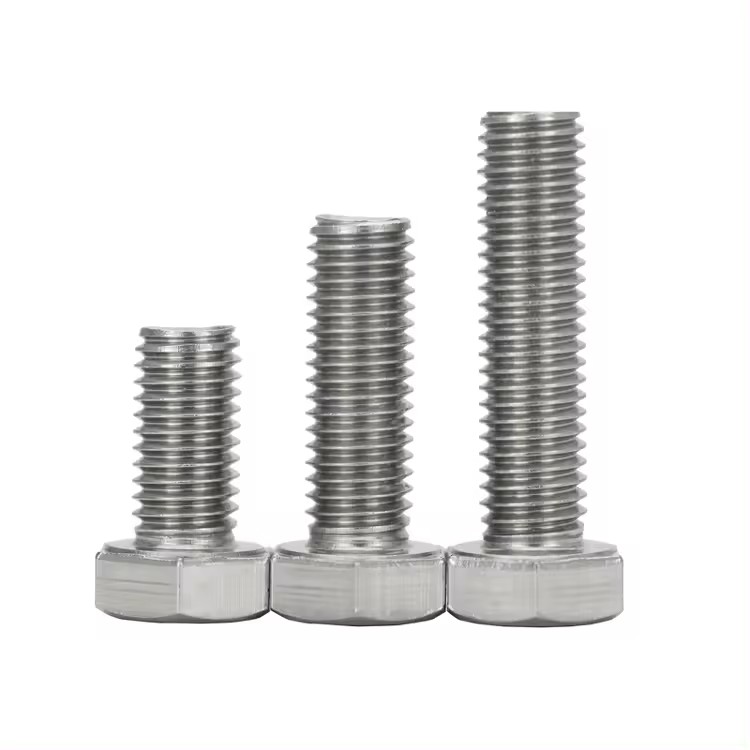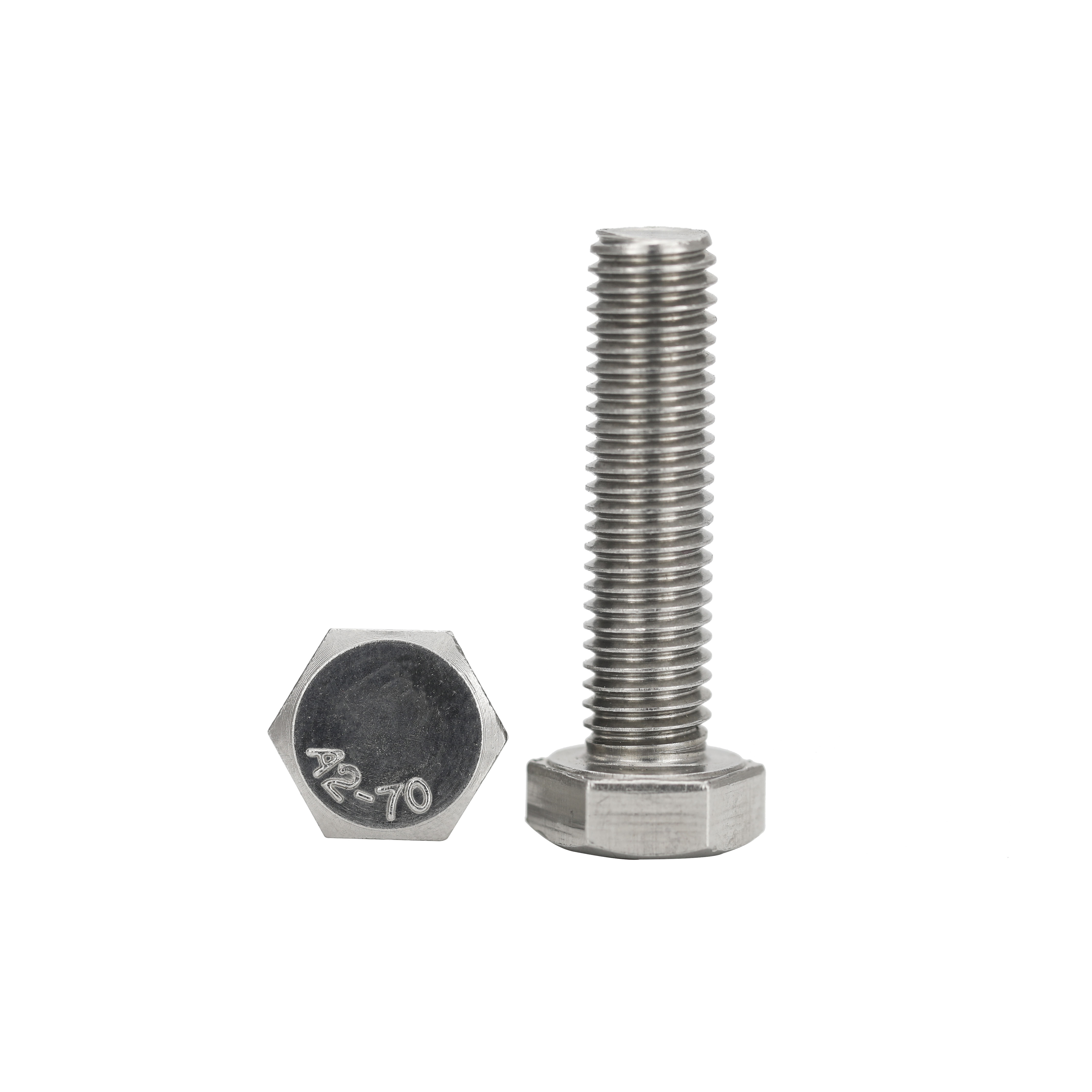In the world of fastening solutions, where reliability and performance are non-negotiable, stainless steel Nylock nuts stand out as an indispensable component. They may be compact in size, but their impact is outsized—particularly in applications where vibration, temperature fluctuation, and corrosion present a constant challenge.
At the core of a Nylock nut is a nylon insert, a seemingly modest feature that delivers exceptional locking capability. This insert is pressure-fitted into the nut’s collar and exerts a consistent frictional force on the threads of the mating bolt. Unlike standard nuts, Nylock variants are resistant to loosening, even under dynamic loads or persistent vibration. This makes them a preferred choice in automotive engineering, aerospace structures, marine installations, and heavy machinery—environments where fastener failure is not an option.
The stainless steel variant of the Nylock nut adds another layer of performance. Stainless steel, with its inherent resistance to rust, oxidation, and chemical exposure, ensures the integrity of the nut even in the harshest settings. Whether exposed to saltwater spray on a coastal rig or to industrial solvents in a manufacturing plant, stainless steel Nylock nuts maintain their hold and shape.
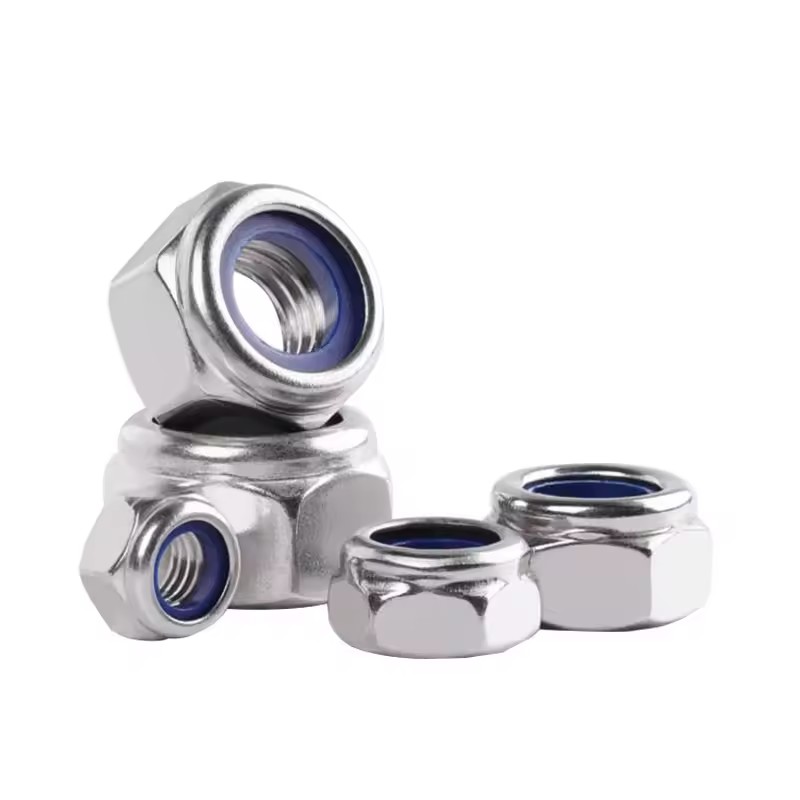
Durability, however, is only part of the story.
These nuts also offer cost-efficiency over time. While their initial price point may be higher than conventional fasteners, their longevity drastically reduces the need for replacement or re-tightening. In critical systems, this translates to fewer downtimes, lower maintenance costs, and higher operational safety. When the total lifecycle is considered, stainless steel Nylock nuts offer a compelling return on investment.
Furthermore, their versatility is unmatched. Available in a wide range of sizes, thread pitches, and strength grades, they accommodate virtually any fastening need. Engineers and designers favor them for their dual benefits: mechanical security and material resilience. They are as suitable for securing delicate components in electronics as they are for bearing structural loads in construction frameworks.
Installation is straightforward, but precision matters. Over-torquing can damage the nylon insert, compromising the locking function. Conversely, under-tightening may render the mechanism ineffective. Thus, torque guidelines should be observed meticulously to unlock their full potential.
It’s also worth noting that Nylock nuts are not designed for repeated use. Each time they are installed and removed, the nylon insert loses some of its elasticity, which may degrade performance. For mission-critical applications, always opt for new nuts during assembly or maintenance.
In essence, stainless steel Nylock nuts represent the intersection of intelligent design and rugged engineering. They provide a level of fastening integrity that conventional nuts simply cannot match—especially in high-stakes environments where failure is unacceptable.





